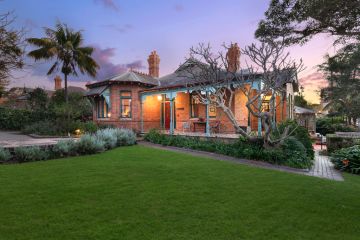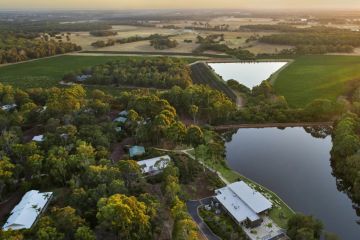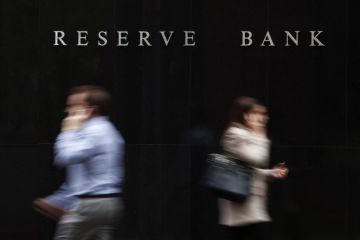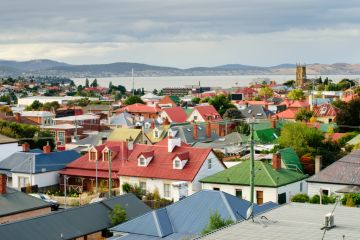Rate rise burnout: Have interest rates finally peaked in Australia?
Australia’s punishing round of interest rate hikes is either finished or very, very close to it, in news that should bring some reassurance to battered mortgage-holders and prospective purchasers.
After two welcome months of rate holds, economists are now putting their money on the Reserve Bank of Australia (RBA) keeping them at a steady 4.1 per cent for the rest of the year, or introducing one more rise to 4.35 per cent before Christmas.
“I think we are at the top of the rate rise cycle now,” said Market Economics managing director Stephen Koukoulas. “Mind you, I must confess, I did say that two rate hikes ago.
“But this time, with all the recent data and the deceleration of inflation over the last few months, I think that’s very likely. Retail spending has been very poor, gross domestic product has been coming back and the economy is really weak, so I think the RBA will be patient and wait for the rate hike medicine to work.”
Outgoing RBA governor Dr Philip Lowe seemed to suggest that when announcing a rate hold for August. “The higher interest rates are working to establish a more sustainable balance between supply and demand in the economy and will continue to do so,” he said.
“In light of this and the uncertainty surrounding the economic outlook, the board again decided to hold interest rates steady this month. This will provide further time to assess the impact of the increase in interest rates to date and the economic outlook.”
But, in the meantime, that hold on rates, as well as the likelihood of either no more increases or perhaps just one more hike, will give everyone in the property market much more confidence about transacting, said Mathew Tiller, head of research and business intelligence at LJ Hooker Group.
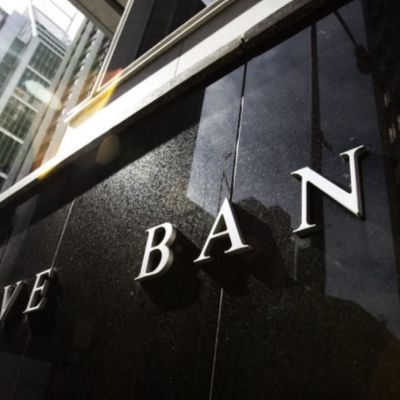 Will interest rates go up this week or are the hikes finally over? Here’s what the experts predict
Will interest rates go up this week or are the hikes finally over? Here’s what the experts predict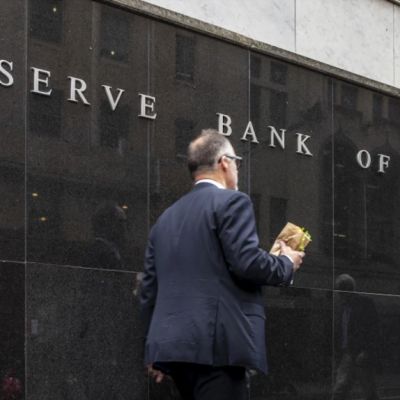 August 2023 interest rate decision: Relief for home owners as RBA holds official cash rate again at 4.1 per cent
August 2023 interest rate decision: Relief for home owners as RBA holds official cash rate again at 4.1 per cent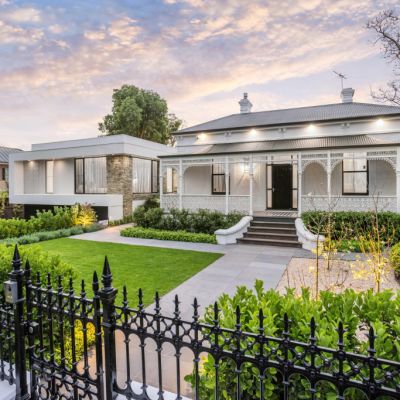 Capital city house prices rise four times faster than last quarter as housing recovery gains momentum
Capital city house prices rise four times faster than last quarter as housing recovery gains momentum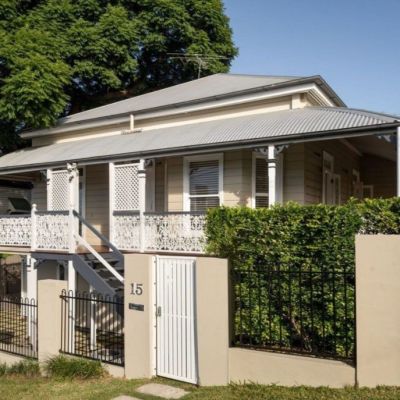 Distressed property sales are falling across Australia, despite cost pressures
Distressed property sales are falling across Australia, despite cost pressures
He said the successive rate rises – 12 since May 2022 – kept putting buyers at a disadvantage as they’d have their finance pre-approved, and then, after another rate rise, have to delay their activity in order to apply for further approval.
“But now they should have a lot more confidence moving forward from the fact that we’re either at the top or very near to it, so they can factor that into their budget and repayments,” Tiller said. “Also, home owners should have more confidence about listing their properties.
WHAT ARE YOUR MONTHLY HOME LOAN REPAYMENTS? |
||||
| Loan amount | 6.25% | 6.50% | 7% | 7.25% |
| $500,000 | $3,079 | $3,160 | $3,327 | $3,411 |
| $600,000 | $3,694 | $3,792 | $3,992 | $4,093 |
| $800,000 | $4,926 | $5,057 | $5,322 | $5,457 |
| $1 million | $6,157 | $6,321 | $6,653 | $6,822 |
“It means there’ll be a lot more buyers out and about, together with all the positive market metrics, like rising prices, strong auction clearance rates and fewer days on market. So this is now a very good time for buying, or listing, properties.”
The latest Consumer Price Index data revealed a fall in the rate of inflation, increasing by just 0.8 per cent in the June 2023 quarter, down on the March quarter’s 1.7 per cent. However, at a 6 per cent annual rate, it’s still well above the RBA’s target band of 2 to 3 per cent.
The most recent Australian Bureau of Statistics (ABS) figures showed also that retail spending fell 0.8 per cent in June 2023, following a 0.8 per cent rise in May 2023, and a 0.1 per cent fall in April 2023.
ABS head of retail statistics Ben Dorber said retail turnover fell sharply in June due to weaker-than-usual spending on end-of-financial-year sales. “This comes as cost-of-living pressures continued to weigh on consumer spending,” he said.
Bendigo and Adelaide Bank chief economist David Robertson said predicted that the rises are the last we’ll see, or almost the last.
“I think it’s quite plausible that we’re now at the top of the cycle but I would caution against being too overconfident of that,” he said. “If we aren’t on a pause till the end of the year, we could have just one more rate hike in November, to push the rate to 4.35 per cent.
COMING OFF A FIXED RATE? WHAT YOUR NEW HOME LOAN REPAYMENTS COULD BE |
|||
| Loan amount | Monthly repayments on a fixed rate of 2% | New monthly repayments on a standard variable rate of 6.50% | Price difference per month |
| $500,000 | $1,848 | $3,160 | $1,312 |
| $600,000 | $2,218 | $3,792 | $1,574 |
| $800,000 | $2,957 | $5,057 | $2,100 |
| $1 million | $3,696 | $6,321 | $2,625 |
“But that will all depend on inflation continuing to come down, and it’s always a tough battle to completely dampen inflationary pressures, especially while unemployment is still at a 50-year low with labour shortages and a lack of labour productivity. There’s always a risk that those factors could feed back into inflation.”
Robert Carnell, ING’s regional head of research Asia-Pacific, said that while the June inflation figures were lower than expected, the month-on-month increase was not even close to what was required to get inflation back to target.
“But we’re certainly almost at the top,” he said. “The thing about central bank policy is that it’s much more of an art than a science. The lags between interest rate rises and their impacts are enormous and the RBA is always trying to tread a fine line between doing enough, but not doing too much, which is very difficult.
“The RBA is now trying to give itself as much wriggle room as possible and take a balanced view. Depending on inflation and the other economic indicators, there might be one more rate rise, or at most two, if those indicators don’t continue to be good.”
We recommend
We thought you might like
States
Capital Cities
Capital Cities - Rentals
Popular Areas
Allhomes
More
